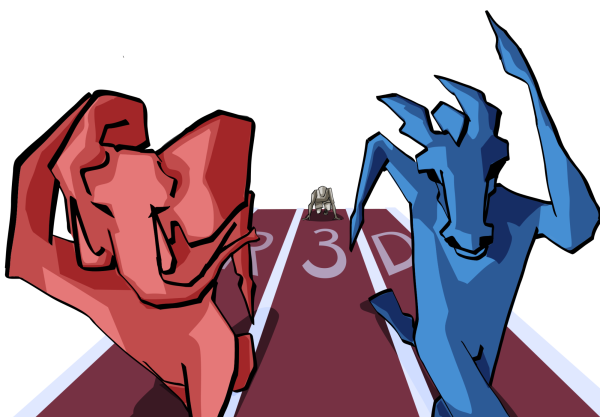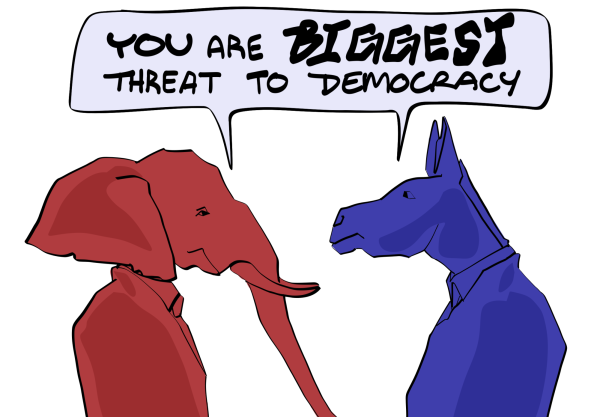Focusing on the right majors
The stigma against math extends far beyond the realm of high school nightmares and exams.
One in three Americans feels anxiety when faced with solving a math equation, according to a study by the organization Change the Equation.
Despite the fear most Americans reported, STEM occupations are growing at 17 percent, while other occupations are only growing at a rate of 9.8 percent, according to The U.S. Department of Commerce.
Majors in the natural science or engineering division don’t tend to be popular picks for people. Most degrees handed out between 2013 and 2014 were in business administration and liberal arts, according to MatchCollege. The only natural science degree to make the top 10 was biology.
However, the hottest jobs in the market now are jobs in that require STEM education, according to U.S. News.
Although a business administration and liberal arts major might be popular, there aren’t enough jobs for people getting those degrees. Four years at a university should be matched by a job that improves society, rather than create norms in it.
If a university is looking to improve their status for academics, it would be smart for it to invest in studies involved in STEM education.
One of the big things people consider when picking majors is job security and having opportunities when they graduate. STEM majors aren’t very popular now, but they will dominate the near future if it means a good job when students graduate.
Investing now in STEM programs ensures a university’s presence in the workforce down the line and higher enrollment for the school.
At Chico State, natural sciences receive the most allocated resources, followed by humanities and fine arts. Engineering computer science and construction management follow close behind.
The bachelor’s degrees in the highest demand are in accounting and computer science, according to a study from Forbes.
The goal of a university is to educate, but in a broader scope, the goal is to make sure people are prepared to join the workforce. Higher education and the economy are intertwined in this sense, so it is the duty of universities to be aware of where the economy is headed and respond accordingly.
I would never say that any major is useless or doesn’t deserve any attention, but some fields undoubtedly impact society more than others.
Although STEM fields and others are given a good amount of focus already, they could use a little more. Especially considering how much of our culture revolves and operates thanks to these fields.
Jeff Guzman can be reached at [email protected] or @theorion_news on Twitter.









